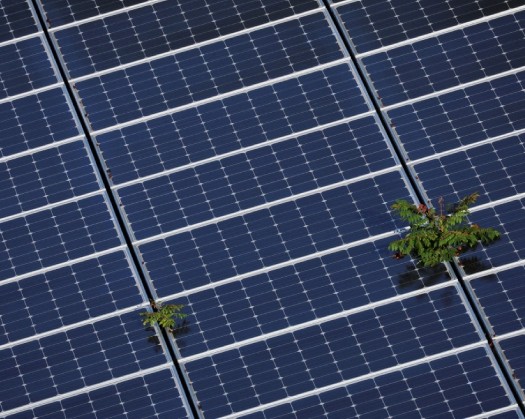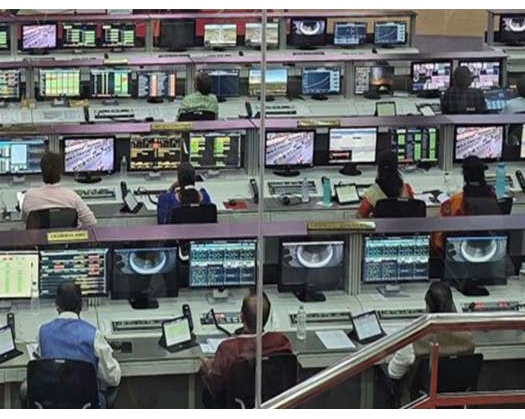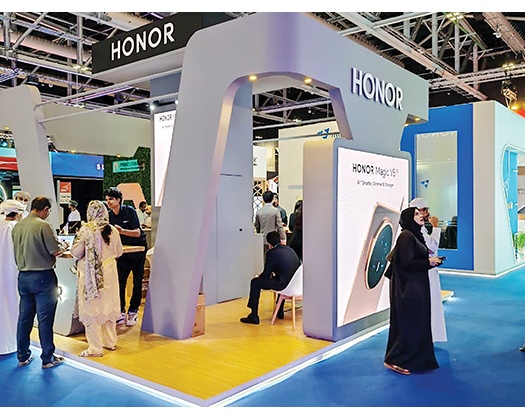OQ8 has disclosed in its 2023 Sustainability Report that its refinery in the Special Economic Zone at Duqm is powered by renewable energy sourced from 47,048 square meters of solar panels installed across its facilities.
David Bird, CEO of OQ8, emphasized in the report, “To fulfill our environmental responsibilities comprehensively, we have initiated various programs focusing on water conservation, biodiversity, air quality, and waste management. Despite being a state-of-the-art refinery on a global scale, we are dedicated to further improving energy efficiency through operational excellence and technological advancements.” Since its inception in January 2023, OQ8's expansive solar panel setup has produced a significant energy output of 3.541 gigawatt-hours (GWh). The solar panels, placed on all available rooftop spaces in addition to 295 standalone solar-powered streetlights, demonstrate a proactive stance towards energy efficiency. This investment in renewable energy showcases OQ8’s commitment to sustainability and reducing dependence on conventional energy sources.
The company’s shift from the commissioning phase in 2022 to full-scale operations in 2023 resulted in a doubling of its energy consumption—a common occurrence during such transitions. Nevertheless, OQ8’s strategic integration of solar power as a third energy source underscores its forward-thinking strategy. By incorporating solar energy into the refinery infrastructure, OQ8 aims to fulfill its energy needs while minimizing its environmental impact.
OQ8's commitment to environmental sustainability goes beyond its solar energy initiatives. The company takes a proactive approach by closely monitoring and evaluating its greenhouse gas (GHG) emissions. This allows OQ8 to fully understand its environmental impact, establish targets, and guide future actions. As expected during the transition to full operational capacity in 2023, GHG emissions doubled in line with projected design emissions. However, OQ8 has taken steps to effectively manage and mitigate its environmental impact by establishing a baseline through detailed tracking and assessment.
In addition to their solar energy efforts, OQ8 has implemented a Flare Minimization Plan (FMP) that adheres to international standards. This plan ensures that flaring events only occur during upset conditions and emergencies. Operational adjustments are made to process units to prevent flaring whenever possible. Furthermore, the refinery design includes a flare gas recovery system, which utilizes a specialized compression package to recover and repurpose gases that are typically burned during flaring. This additional measure further contributes to OQ8's commitment to environmental sustainability.
To address water consumption, OQ8 has installed a Wastewater Treatment Plant (WWTP) that effectively recycles water. This system is specifically designed to collect and manage aqueous emissions from the refinery, ensuring compliance with environmental regulations and standards. The treated wastewater is discharged into the sea within specified limits, demonstrating OQ8's dedication to minimizing water contamination and conserving valuable resources.










